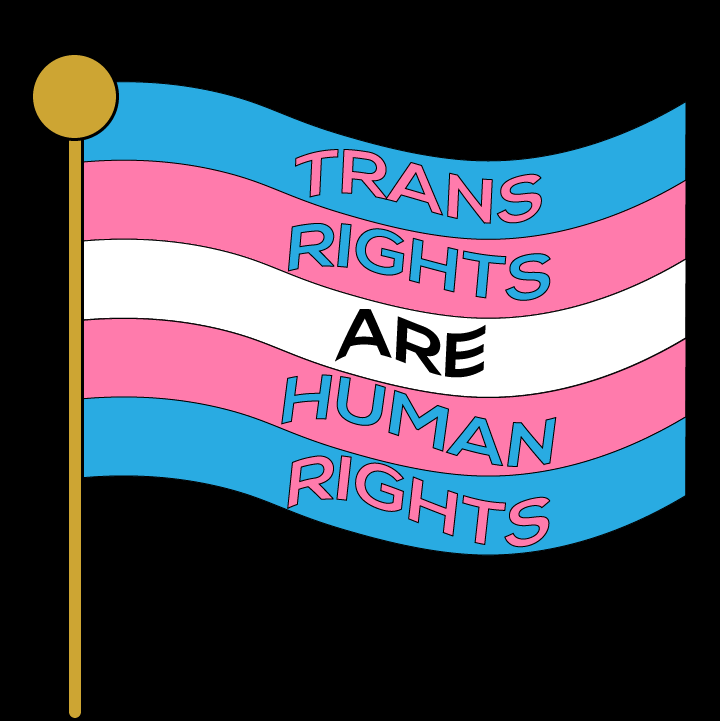Montana Sends Anti-Trans Sports Bill To Gov. Gianforte Today, the Montana Senate passed House Bill 112, an anti-LGBTQ bill that would ban transgender girls and women from participating in sports at the elementary, secondary, or post-secondary level consistent with their gender identity. The bill now heads to Governor Greg Gianforte’s desk for signature or veto. […]








